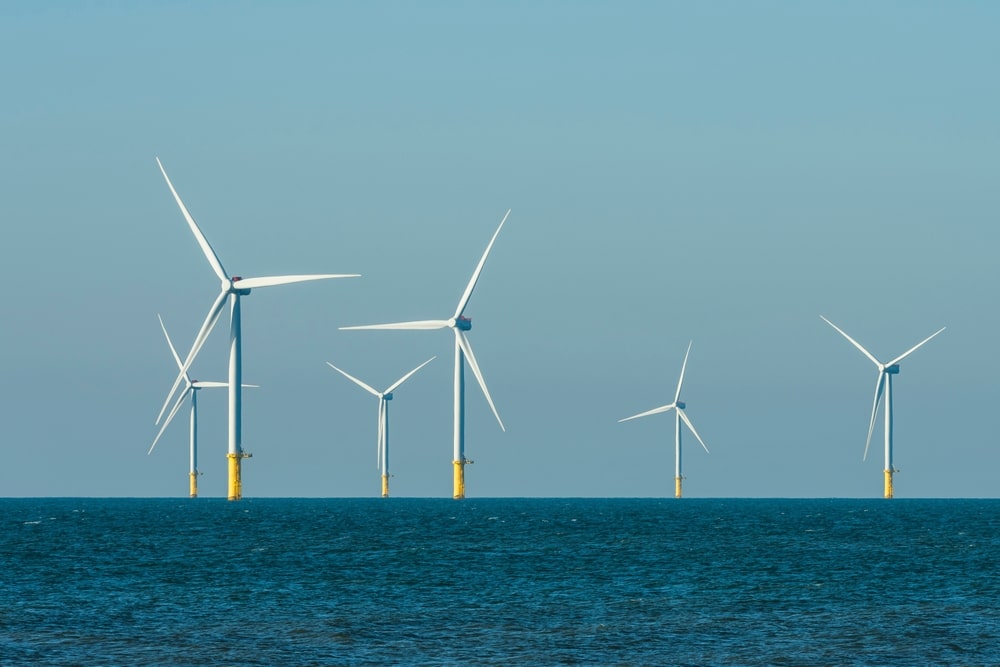
According to Reuters: “The wind farms are part of Taiwan's ambitious push to power its massive tech industry with renewable energy and sit in a waterway that has become a focal point of tensions between Beijing and Washington.
For now, the economic arguments for developments like Orsted's trump concerns about placing critical energy assets in what some security analysts believe could one day become a theatre of war.”
The report notes that the project is the largest outside of Europe for Orsted, the world's biggest offshore wind firm, and its second in Taiwan since it first entered the country in 2016. The firm has been attracted by the potential for fast consistent winds and government support for renewables and clear regulation.
But the global geopolitical climate has been buffeted by severe gales since it entered the strait with Russia's invasion of Ukraine changing the way businesses view political risk in the region.
Despite the fact that a war of words between Beijing, Washington and Taipei has increased demand for war coverage, “developers remain largely undeterred and continue to vie for capacity in Taiwan.”
Taiwan currently imports 98% of its energy. As a result, offshore wind is seen as being crucial to strengthening energy security. The offshore energy sector is expected to generate about T$1 trillion ($32.6 billion) in investments by 2025, Lee Chun-li, deputy director-general of Taiwan's Bureau of Energy, told Reuters.
The Reuters article, which explains that the Orsted's pipeline is its third project in Taiwan, with expected completion in 2025, notes that: “all the power produced by that 920-megawatt farm for two decades has already been purchased by Taiwan Semiconductor Manufacturing Company the world's largest contract chipmaker.
TSMC, which accounted for 6.4% of Taiwan's electricity consumption in 2021, told Reuters it continues to pursue long-term green power contracts in Taiwan, aiming to drive the development of domestic renewables.
Some offshore wind farm developers are looking to insurance to hedge against the possibility of conflict in the strait.
"There is no insurance you can't buy. It's a question of whether you want to pay the price," insurance broker Clive Lin told offshore wind developers recently.
"Now, many foreign developers in Taiwan are asking if they can buy insurance for geopolitical risk," spurred by large payouts from the Ukraine war, he said.
Orsted's Wang said its wind farms "have insurance coverage for all relevant risks."
Three foreign energy firms, including two offshore wind developers, had inquired about political risk insurance for their Taiwan projects since last year, but so far, the initial responses from insurers had been negative, Lin told Reuters.
International requests for political risk insurance in Taiwan have risen, said Serene Soo, Asia political risk and structured credit leader at Marsh. However, "fresh capacity is tight for new projects."
Scott Hsu, country director of K2 Management, which advises offshore projects in Taiwan, said few developers consider buying war cover because it would be prohibitively expensive.
"Of course, everyone takes it seriously, but as soon as you factor it in, the costs are impossible to calculate," Hsu said.

Related Articles
Energy
Energy
Energy